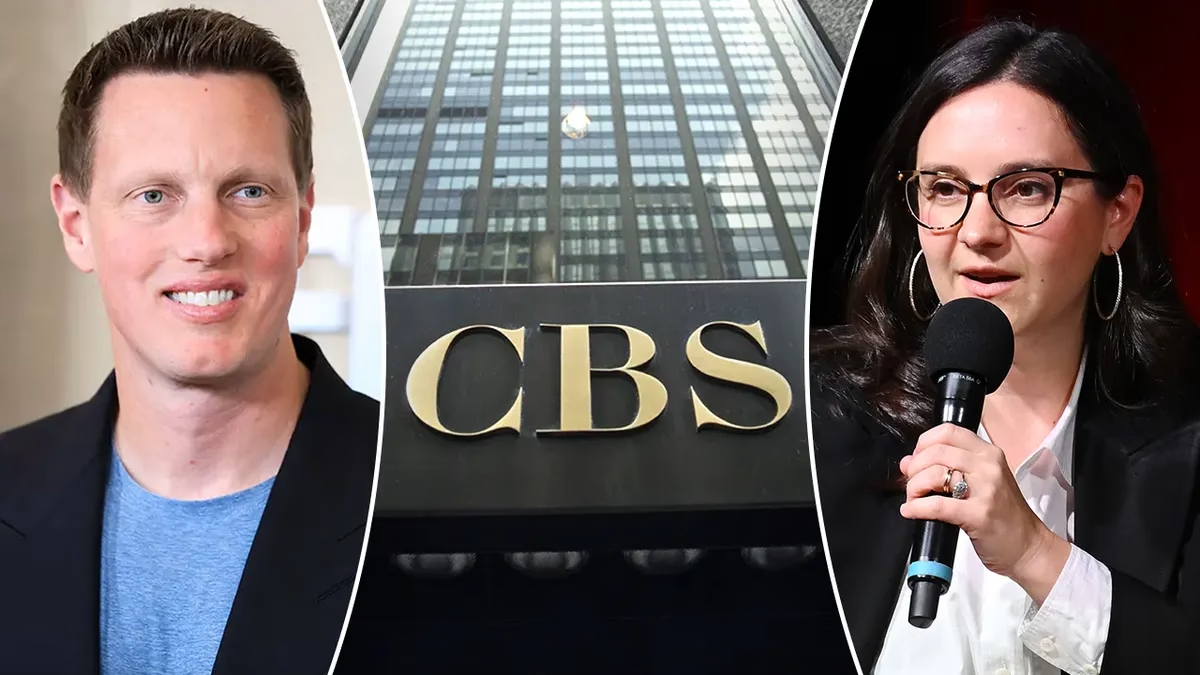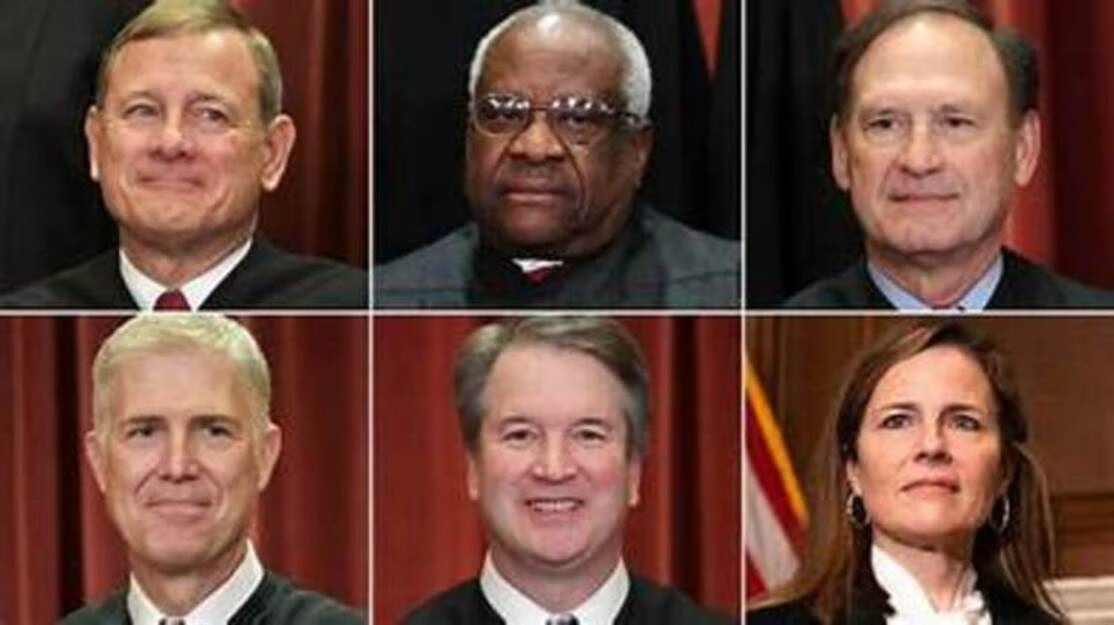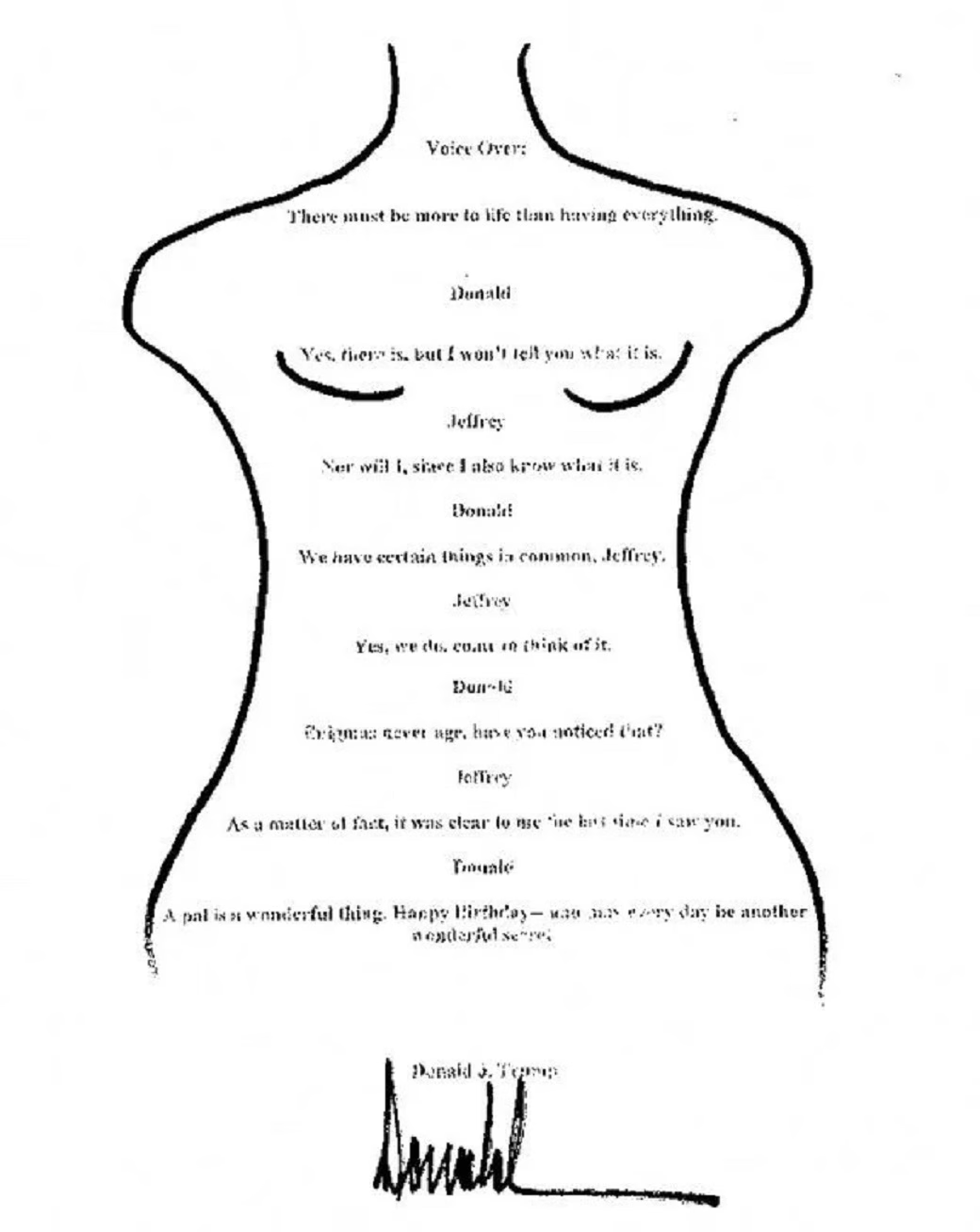By Jane Lewis | Monday, October 13, 2025 | 6 min read
Bari Weiss’s rise to power at CBS is more than a personnel change — it’s the opening move in a much larger struggle over who controls the future of American journalism. A quiet but monumental battle is unfolding over something that may not dominate headlines but could reshape the information landscape for years to come: the fight for control of CBS News, one of the most recognizable and trusted names in media.
For decades, CBS represented a certain kind of reporting — calm, deliberate, and grounded in facts. It was the network of Walter Cronkite, the voice of America on the night John F. Kennedy was assassinated, the home of hard investigations that challenged power rather than amplified it. But that legacy is now entering uncharted territory.
The recent merger between Paramount and Skydance Media has placed CBS under the sway of David Ellison, the son of billionaire Larry Ellison, a longtime ally of Donald Trump. This isn’t just another corporate reshuffling. It’s a structural shift that places immense editorial influence in the hands of a small, politically connected circle. And at the center of this shift is a single, polarizing figure: Bari Weiss.
Ellison’s team has appointed Weiss as editor-in-chief of CBS News, after paying $150 million to acquire her media platform, The Free Press. This isn’t a token hire. She isn’t just a contributor or an executive producer. She will be shaping the editorial identity of one of the most trusted news brands in the country.
Weiss has built a personal brand on contrarianism. She often calls herself “politically homeless,” presenting her work as a challenge to what she frames as progressive orthodoxy. To her supporters, she’s a truth-teller willing to say what others won’t. To her critics, she’s something very different: a savvy cultural combatant whose journalism often serves a clear ideological purpose.
Her trajectory is familiar to anyone who has followed the culture wars of the past decade. She rose to national prominence at The New York Times, arguing that mainstream liberal media had become intolerant of dissenting voices. Since leaving the paper in 2020, she has transformed The Free Press into a well-funded outlet backed by libertarian-leaning investors and billionaires. It presents itself as a home for independent journalism, but its coverage frequently amplifies narratives that align with a particular political agenda.
Critics have repeatedly accused The Free Press of blurring the line between reporting and ideology. A series of controversies has only deepened those concerns. One of its most publicized stories involved allegations of malpractice at a Missouri transgender clinic — a story lawmakers quickly used to justify new restrictions on gender-affirming care. But later investigations found no evidence to support the explosive claims.
Another article declared that crime was “soaring” in Austin under a progressive district attorney — a claim contradicted by local data, which showed a decline in violent crime.
Perhaps most consequentially, The Free Press published a piece questioning the methodology used to assess famine conditions in Gaza. The article implied that the severity of the humanitarian crisis had been exaggerated — a claim that echoed language used by officials in the Netanyahu government and was shared widely in pro-Israel circles online. In reality, the methodology in question has been internationally recognized since 2019 and used in conflict zones from Sudan to Yemen.
For many observers, this was not a neutral journalistic error but part of a pattern: downplaying or reframing events in ways that align with a particular worldview. Weiss, who is Jewish and has been an outspoken defender of Israel, has frequently portrayed criticism of Israeli policy as a form of ideological excess or bias on the left. Her critics argue that The Free Press’ framing of Gaza reflects not just an editorial position but an attempt to shape how audiences perceive the suffering on the ground.
This matters because CBS is not a fringe outlet or a startup media brand. It is one of the pillars of mainstream American journalism. It has historically drawn a sharp line between fact and opinion. Under Weiss’s leadership, many fear that line will blur.
This isn’t the first time a wealthy figure with clear political leanings has acquired a major news organization. Jeff Bezos at The Washington Post and Patrick Soon-Shiong at the Los Angeles Times drew similar scrutiny. But there’s something different about Weiss’s rise. Unlike those owners, Weiss isn’t staying in the background. She’s stepping directly into the editorial command chair, with a record and a worldview that are already sharply defined.
Her other ventures paint a fuller picture of that worldview. She co-founded the University of Austin in Texas, an unaccredited institution financed by a network of conservative donors, branding it as a bastion of “free speech” against what she calls “wokeness.” It was marketed not just as a school but as an ideological alternative to traditional universities.
That same impulse — the belief that mainstream institutions have been “captured” by progressive thought — runs through her media work. In her hands, CBS may become not just a news organization but a platform for a specific cultural counteroffensive.
For Weiss’s allies, this moment represents a long-overdue challenge to what they see as a liberal media establishment. For her critics, it’s something more troubling: the transformation of a trusted news source into a culture war weapon, a tool for reframing political reality.
What happens next will shape more than one network. CBS still commands enormous trust, especially among older viewers who grew up with it as a steady, reliable voice. If its editorial stance begins to shift — subtly at first, then more visibly — it could alter how millions of Americans understand the world around them.
This isn’t just a media story. It’s a story about power: who holds it, how they use it, and how fragile the boundaries between journalism and ideology can become when politics and money converge.
Comey’s Charges Had Nothing to Do With Russia Interference — This Was Trump’s Payback
Epstein Files Put Musk Back in Spotlight—Could Tesla’s $29 Billion Shareholder Payout Be at Risk?
Mexico Is Not the Origin of the Drug Trade—Europe and Big Pharma Were There First
Trump’s Russia ‘Paper Tiger’ Remark Steals the Spotlight as 2025’s Best Punchline
Nexstar, Sinclair Refuse to Broadcast ‘Jimmy Kimmel Live!’ Following ABC Return






